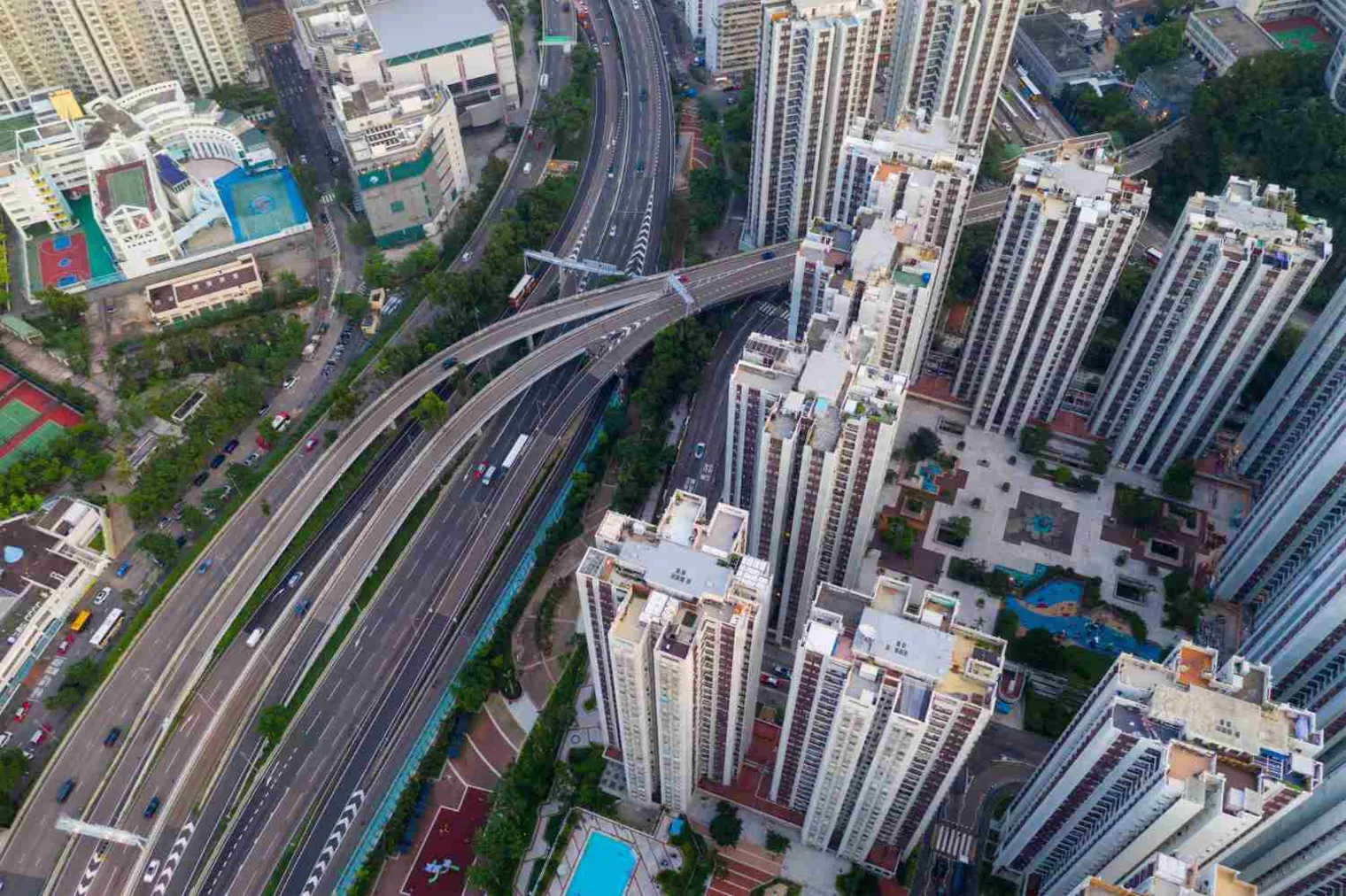Indonesia's infrastructure sector is undergoing significant changes, driven by large-scale investments and strategic projects. Despite a reduction in budget allocation for 2025, the country remains committed to enhancing connectivity, housing, and economic development. Take a look at Indonesia Infrastructure Development below.
Indonesian Infrastructure Development: Current Infrastructure Spending and Growth

The Indonesian government has allocated Rp400.3 trillion for infrastructure spending in the 2025 Draft State Budget. This marks a decrease from Rp423.4 trillion in 2024 but still represents a substantial commitment to national development. Over the past decade, infrastructure investment has grown steadily, from $57.3 billion in 2014 to a projected $138.6 billion by 2025, reflecting an annual growth rate of approximately 8.4%.
Infrastructure is seen as a key driver for economic growth, with officials targeting an 8% increase in GDP. The development of roads, railways, and energy infrastructure is expected to reduce regional economic disparities and boost long-term productivity.
Read Also: The Big Push for Sustainable Infrastructure Projects Indonesia
Key Infrastructure Projects
Despite budget adjustments, Indonesia is pushing ahead with strategic megaprojects:
- Jakarta–Surabaya High-Speed Rail (HSR) – A 720 km line set to reduce travel time from 10+ hours to just 4 hours, with construction starting in 2026.
- Nusantara Capital City (IKN) – The new administrative capital in East Kalimantan, featuring smart city infrastructure, renewable energy grids, and a $35 billion price tag.
- 3 Million Houses Annually – A program addressing Indonesia’s 11.4 million-unit housing deficit, prioritizing affordable homes for low-income families.
The Public Works and Housing Ministry’s 2025 budget prioritizes national roads and housing developments. However, financial limitations may lead to delays in at least 21 planned projects. Ensuring these initiatives proceed as scheduled will require careful planning and resource allocation.
Future Investment Needs for Indonesia Infrastructure Development
Indonesia will need approximately IDR 47,587.3 trillion for infrastructure investments from 2025 to 2029, averaging IDR 9,517 trillion per year. These funds will support projects across multiple sectors, including transport, energy, and digital infrastructure. Public-private partnerships (PPPs) are critical, with SOEs dominating 50%+ of projects. While efficient, this risks crowding out private innovation. Recent reforms, like the Omnibus Law, aim to attract foreign investors by simplifying permits and offering tax incentives. For instance, the Japan International Cooperation Agency (JICA) is co-funding the Patimban Port expansion, showcasing successful FDI collaboration.
While SOEs drive infrastructure development, their dominance may limit private sector innovation. Encouraging greater participation from private investors and international stakeholders could enhance efficiency and technological advancements in the sector.
Read Also: Why Indonesia Public-Private Partnership Models Attract Investors
Challenges and Opportunities in Indonesia Infrastructure Development
Despite promising growth, Indonesia's infrastructure sector faces several challenges. Budget reductions and global economic uncertainties could delay projects and impact overall development. The government must explore innovative financing solutions, such as increased foreign direct investment (FDI) and sustainable infrastructure bonds, to bridge funding gaps.
Additionally, the emphasis on inclusive infrastructure development remains a priority. The government aims to bridge gaps between Java and other islands by focusing on both physical and digital infrastructure. Expanding broadband access and integrating smart city technologies will be vital for Indonesia's long-term economic progress.
Indonesia Infrastructure Development remains a crucial component of national growth. While budget adjustments present challenges, the commitment to strategic projects and future investment plans indicates strong long-term potential. By leveraging public-private partnerships and exploring alternative financing models, Indonesia can continue building a resilient and sustainable infrastructure network.







